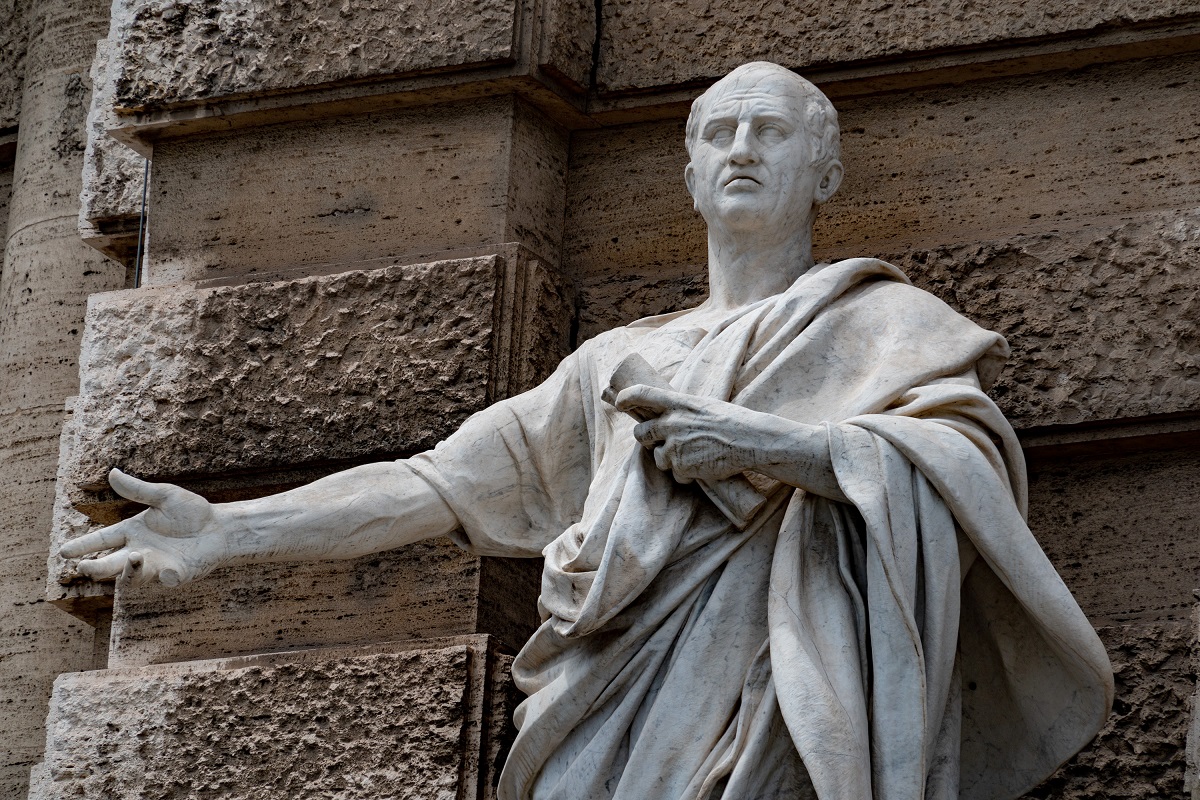Declamation is an artistic method of public speaking that expresses the full sense of the text being conveyed through articulation, emphasis, and gesture. This type of dramatic oration can be used to persuade, inform, or entertain an audience. It was originally used in ancient Rome to teach rhetoric.
Declamation, an artistic form of public speaking, has long captivated audiences with its power and eloquence. Rooted in ancient traditions, declamation involves the passionate delivery of speeches, poems, or literary works to engage, inspire, and move listeners.
The artistry lies in the words used and the speaker’s ability to convey emotions, convey the essence of the piece, and leave a lasting impact on the audience. From stirring political orations to poignant dramatic monologues, declamation encompasses a wide range of genres and themes, providing a platform for self-expression and societal commentary.
However, many speakers fall foul of the thin line that separates an effective speech from a pompous one.
This article explores the history, techniques, and enduring significance of declamation as a formidable art form that continues to resonate in contemporary society.
What Is Declamation?
Declamation, derived from the Latin word “declamatio” (infinitive: dēclāmāre), is a form of public speaking that emphasizes the delivery and dramatic presentation of a recitation or speech. It is an ancient rhetorical practice that has evolved over the centuries.

The Art Of Declaiming
Declamation involves the art of declaiming, which refers to the expressive and powerful enunciation of words, often with gestures and vocal inflections, to captivate and persuade the audience.
The Oxford University Press IPA or International Phonetic Alphabet transcription of the word is /ˌdɛkləˈmeɪʃən/. According to Oxford Languages, the official definition of declamation is “a rhetorical exercise or set speech.”
Wiktionary describes it as a “pretentious rhetorical display, with more sound than sense.“
The Recitation Of A Speech
This centuries-old practice involves the recitation of a speech, typically chosen from famous literary or historical works, to captivate and engage an audience. Whether it’s the fiery delivery of a harangue or the eloquent recital of a profound monologue, declamation showcases the speaker’s ability to convey emotions, persuade, and inspire.
One can find a plethora of synonyms for declamation, such as oratory, elocution, or public speaking. It is a craft that demands not only a strong command of language but also the art of storytelling and the ability to connect with listeners.
Word choice plays a crucial role in conveying the intended message effectively, where resources like the thesaurus and word lists become invaluable companions for a declaimer, providing an array of vocabulary options to enrich their delivery.
New York
Declamation has found its place on numerous stages and platforms, especially in the bustling metropolis of New York, renowned for its vibrant cultural scene. The Big Apple provides a diverse audience eager to listen and be moved by the power of words, be it a spirited rant about social injustice or a poetic tirade on the beauty of nature.
What Is The Difference Between Speech And Declamation?
While speech and declamation involve the act of addressing an audience, distinct differences exist between the two. A speech primarily focuses on conveying information, sharing ideas, or expressing opinions in a coherent and persuasive manner.
It aims to educate, entertain, or inspire the listeners. On the other hand, declamation places greater emphasis on the dramatic delivery of the spoken words.
It involves using gestures, eye contact, facial expressions, and vocal variations to convey emotions and engage the audience on a more visceral level.
How Did Declamation Develop And How Was It Used Over the Years?
The art of declamation dates back to ancient Greece and Rome. It was a fundamental part of education, training aspiring orators in the principles of rhetoric and persuasion. Prominent figures like Cicero, Seneca, and Quintilian discussed declamation extensively in their works.
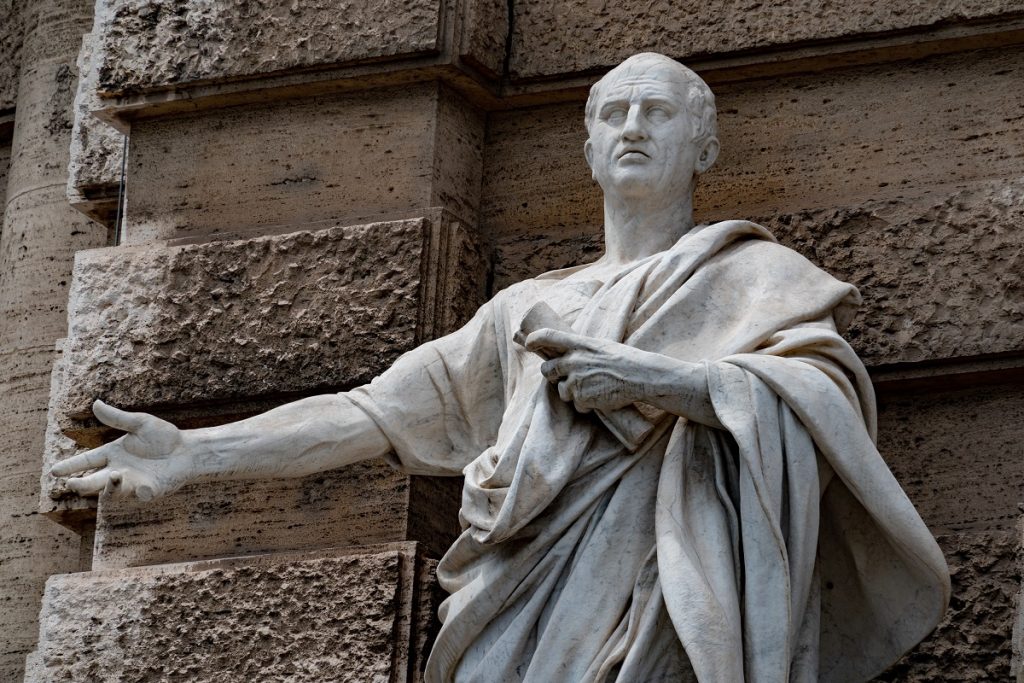
In ancient times, declamation encompassed various forms, including suasoria (persuasive speeches), controversia (legal arguments), and suasoriae fictae (imaginary speeches). The Romans regarded declamation as a crucial means of developing eloquence and preparing for public life.
Over the years, declamation continued to be an essential part of education and rhetorical training in different cultures. It was practiced during the Renaissance when scholars studied ancient declamations and used them as models for their own compositions.
In the 18th and 19th centuries, declamation gained popularity as a form of public entertainment. It became an integral part of elocution lessons and competitions, showcasing individuals’ abilities to deliver powerful and emotional speeches.
Is It Still Practiced?
While declamation may not be as widespread as it once was, it still finds its place in certain academic settings and performance arenas. Some schools and universities include declamation as part of their curriculum to cultivate public speaking skills and improve students’ abilities to connect with an audience.
Furthermore, declamation continues to be performed in theatrical productions, poetry slams, and spoken word events where the focus is on the delivery and emotional impact of the spoken word.
What Are Some Different Types Of Declamation?
Declamation encompasses a range of styles and forms. Some common types of declamation include:
- Forensic: This involves the recitation of legal arguments or speeches, often focusing on courtroom scenarios or debates.
- Dramatic: This form emphasizes the delivery of dramatic monologues or scenes from plays, bringing characters and their emotions to life through spoken words.
- Oratorical: The recitation of famous speeches delivered by renowned orators throughout history, such as Martin Luther King Jr.’s “I Have a Dream” speech or Winston Churchill’s wartime addresses.
- Poetic: This type focuses on the recitation of poetry, emphasizing the rhythmic and melodic aspects of the spoken word.
What Is A Declamation Statement?
A declamation statement is a concise and compelling summary of the main message or intent behind a declamation performance. It serves as a guide for the speaker and helps them align their delivery with the desired effect.
A well-crafted declamation statement captures the essence of the chosen piece and ensures that the audience understands the underlying purpose of the recitation.
What Is An Example Of Declamation?
I Have A Dream
An example of declamation is Martin Luther King Jr.’s famous speech, “I Have a Dream.” King eloquently addresses the racial inequalities and injustices African Americans face in the United States in this powerful oration.
Through his masterful delivery, he inspires hope, calls for equality, and paints a vivid picture of a future where racial harmony prevails. This speech exemplifies the art of declamation by combining a powerful rhetoric, emotional appeal, and captivating delivery that has a lasting impact on the audience.
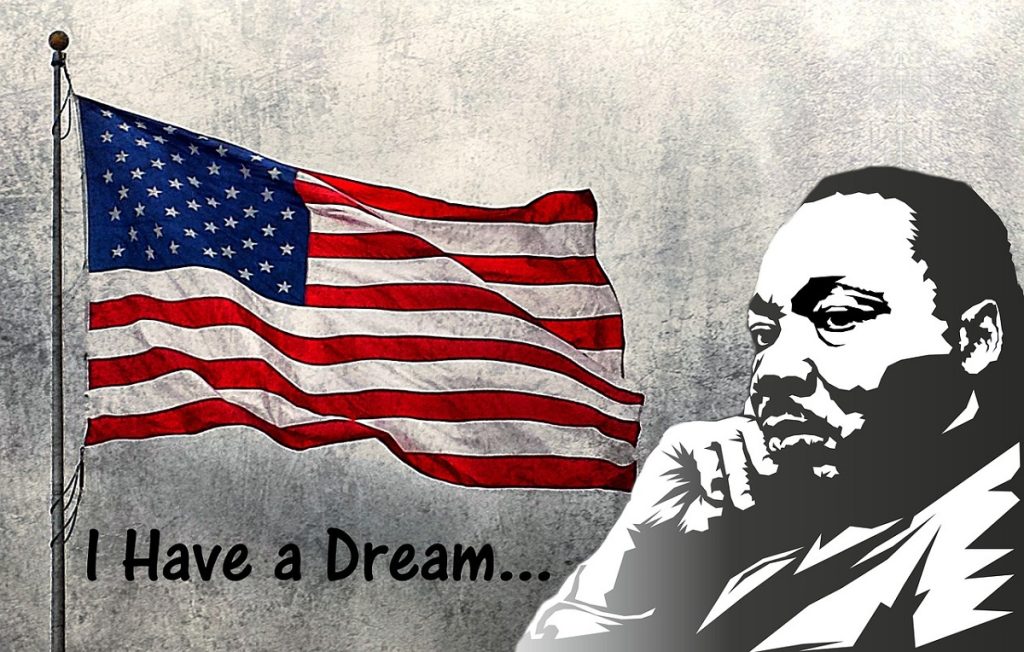
The Gettysburg Address
Historically, numerous examples of declamation have shaped the course of nations and inspired generations. One notable historical example is the speech given by Abraham Lincoln at Gettysburg during the American Civil War.
Known as the Gettysburg Address, Lincoln’s declamation eloquently honors the soldiers who sacrificed their lives while emphasizing the importance of preserving the Union and promoting equality for all. This speech has become an enduring symbol of American democracy and the pursuit of freedom.
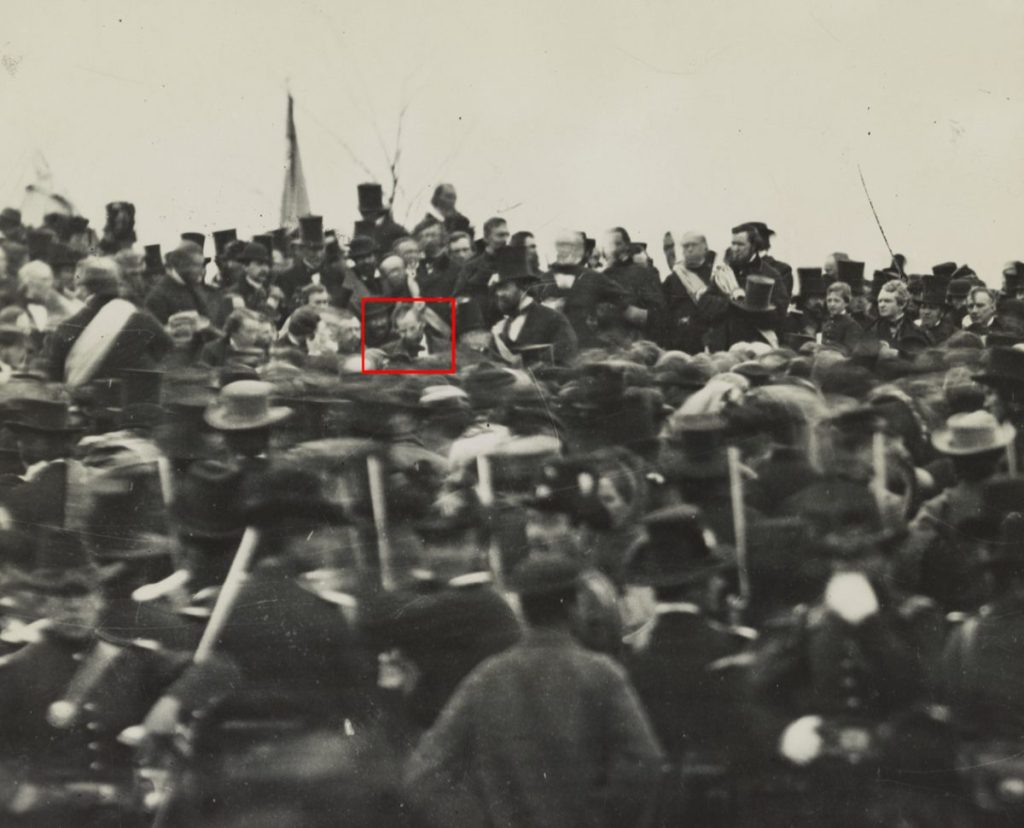
We Shall Fight On The Beaches
Another example is Winston Churchill’s speeches during World War II, where he rallied the British people with his resolute words and unwavering determination. Churchill’s declamations, such as his “We Shall Fight on the Beaches” address, instilled hope and resilience in the face of adversity, strengthening the resolve of the British nation during their darkest hours.
These historical examples illustrate the transformative power of declamation, where words delivered with passion, conviction, and skill can shape history, inspire change, and leave a lasting legacy.
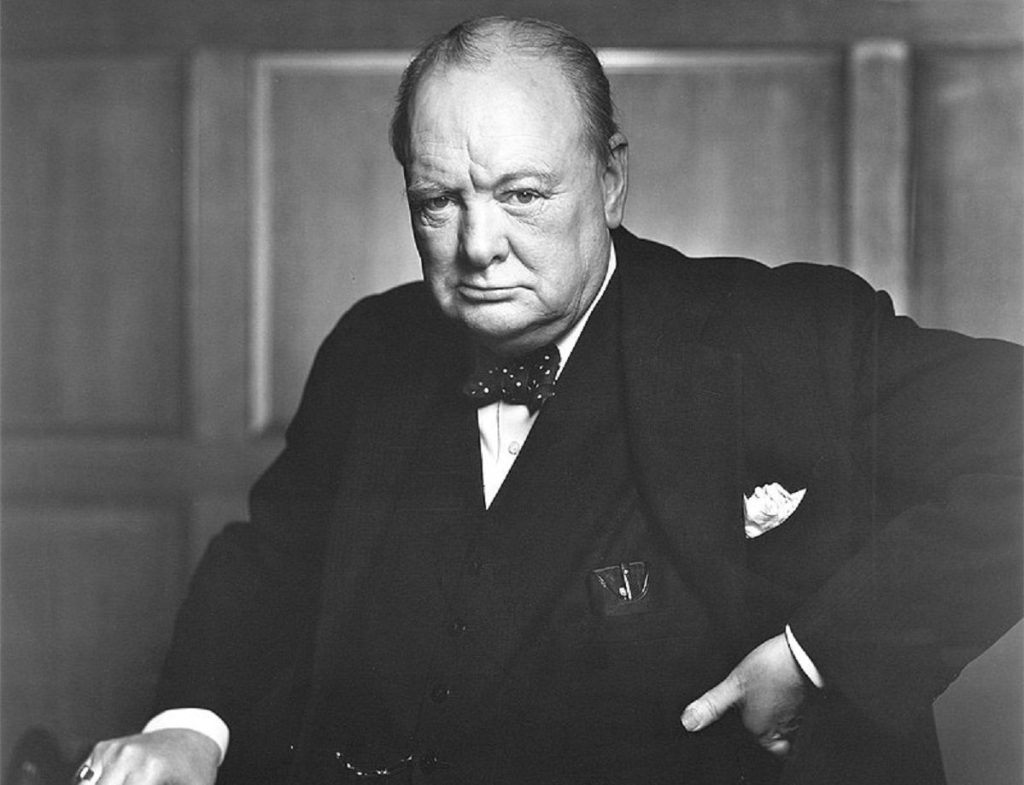
Example Sentences
Here are some example citations of declamation:
- “I stand before you today to demand justice for the oppressed, to raise our voices against inequality, and to ignite a flame of change that will burn brightly in the hearts of all who yearn for freedom.”
- “In this hallowed chamber, I implore each of you to cast aside petty divisions and work together for the betterment of our nation, for the dreams and aspirations of our people depend on the unity of our purpose.”
- “With unwavering resolve, we shall march forward, undeterred by the obstacles that lie in our path, for we are warriors of justice and champions of truth.”
- “Let the echoes of our voices reverberate through the corridors of power, shaking the foundations of complacency and demanding a new era of accountability.”
- “Today, I recite the words of our forefathers, echoing their vision of a land where all are created equal, where liberty and justice prevail, and where the flame of freedom shall never be extinguished.”
These example sentences illustrate declamation’s passionate and powerful nature, where the speaker seeks to evoke emotions, provoke thought, and inspire action through their carefully crafted words and compelling delivery.

